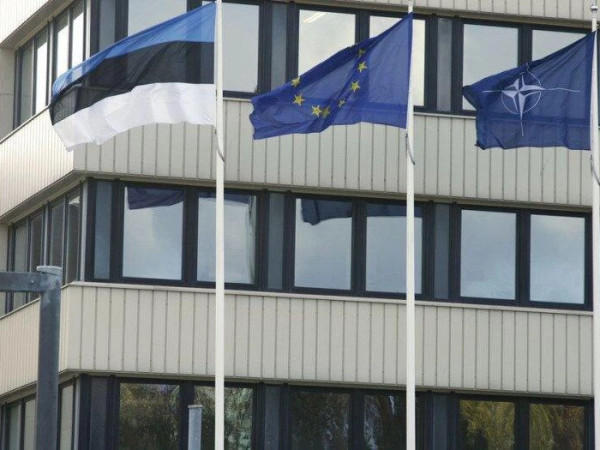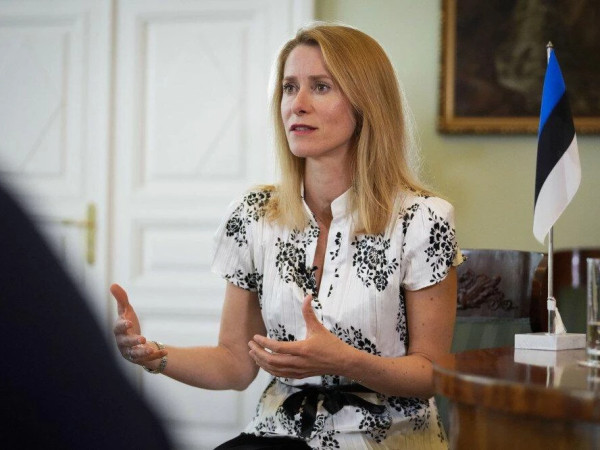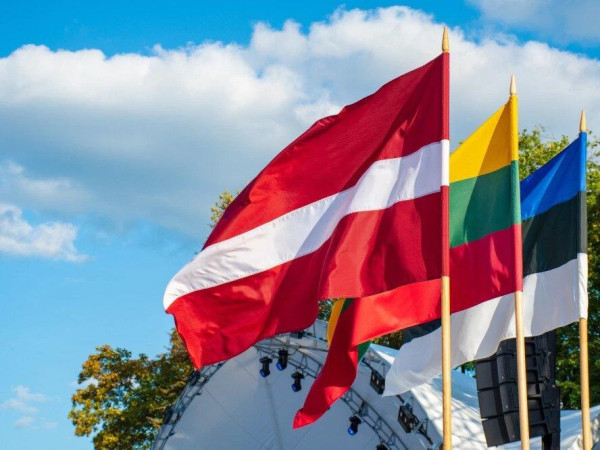Estonia and the euro area as a whole are facing not only a healthcare crisis, but also structural problems, and resolving them will need us to invest in projects that will support growth in the future, said Madis Müller, Governor of Central Bank of Estonia (Eesti Pank), at an online seminar on growing out of the crisis.
“While the healthcare crisis continues and the restrictions prevent the economy from functioning normally, the state support will certainly need to continue providing assistance in coping with the crisis. But resolving the healthcare crisis does not mean that long-term goals can be ignored, as they will start to define Estonia’s success as soon as the crisis has faded away”, Müller said.
Müller emphasized that the Governing Council of the European Central Bank has promised to focus particular attention on keeping the cost of borrowing favorable in the euro area as long as the crisis lasts. “Low interest rates will not bring us out of this crisis on their own however, and the government and businesses can be decisive in taking the lead. The favorable funding needs to find its way to new projects launched by businesses and the government should invest borrowed money in reforms and in laying the grounds for future growth”, he said.
The Estonian economy has coped relatively well so far with the crisis, but the new wave of the crisis means that growth in the economy will recover later than was forecast in December. “Businesses have adapted to the new circumstances as much as is possible. So far there have been enough reserves to relaunch business activities and the economy more generally once the restrictions are removed, as we saw last summer. It cannot be assumed though that reserves and savings will last forever in a depressed economy”.
Some things are better than they were last spring as vaccination is happening, some large countries like the US have started major economic stimulation programs, and the European Union is launching support measures for the recovery from the crisis. “This all means that the broader external environment is doing better than we even dared hope in the autumn”, said Müller.
Both the European Central Bank and the OECD have in consequence recently raised their economic forecasts. The European Central Bank is forecasting economic growth of 4% this year, though this is still not enough to recover to the level of before the crisis.















